Absolutely bored out of my mind. I know I’m not grooving with a film whenever I unconsciously take off my glasses and rub my face. It happened three times.
Rian Johnson has attached himself to a pretty modern form of narrative trickery that I absolutely hate. He starts in cliché, pastiche, and tropes, then he moves into something postmodern, cynical, anti-trope, and pseudo-self-aware, and then he reverses back into what is expected, the blueprint of the genre he’s working in. Subversion of expectations is the key buzzword (or phrase) here. It’s inorganic, and personally completely uninteresting. I liken the experience as a viewer to this bit in The Office. I don’t know what Johnson intends with this formula he’s developed; although the three-step process finishes within a supposedly reverent state, Knives Out doesn’t end up a celebration of the murder mystery. You can’t be within genre conventions, then switch to being flippant with them, then switch back and still expect me to be with you.
I know my friend and fellow Letterboxder Alex already made this comparison, but I too thought of Hot Fuzz many times throughout our screening. Though, I did so more as an escape from this film, and the comparison did not come out favorably toward Knives Out. Hot Fuzz has a simple, one-step reverse: it embraces the genre tropes in the third act that it had been so seemingly mocking of in the first two acts. But when the shift happens, we realize it was all out of respect, only being shaded by the protagonist Nicholas’ priggish view of the world. The shift perfectly follows in harmony with the central character arc.
Unfortunately with Knives Out, we see the story from no one’s perspective in particular. Eh, it changes with what Johnson thinks will be the most “entertaining” in each individual moment. So you’ve gotten comfortable listening to each person’s retelling of the night of the murder? Haha, well, now it’s time to jump into the nurse’s point of view for a while! (until we jump to Chris Evans and Daniel Craig!) Lol you’re starting to like following along with the detective’s witty analysis of the suspects? Silly you, he’s an idiot now! (until he’s not again!) You’re enjoying the revitalization of old genre clichés? Yo what’s wrong with you? We ain’t doing that! That would be lame! (until we think it’s cool again!) SNIP SNAP SNIP SNAP
Oh, and that social/political commentary. Does it qualify as commentary? What is it saying, immigrants are “good”? The detective says that Marta, the nurse, is “a good person.” And... that’s where it leaves it. She good, they bad. Okay. I guess I would agree given how Johnson painted the bad elites with such an obvious brush, the hypocritical neo-lib (save for a few of them who are given more of a right-wing edge). In my script analysis class recently, as an assignment, we wrote coverage on a produced but never released film called The Hunt, and a lot of what I wrote about that applies here to. Now, The Hunt is much, much worse, but it similarly has an unwavering, untempered disdain for all sides. Many reviewers would now continue into some misguided rant about “enlightened centrism,” but that misses the actual problem. Many great films with political/social agendas depict all sides as having serious issues; the difference is that they don’t fault all sides to a maximum extent. Do the Right Thing comes to mind. It’s not balanced—it’s not trying to be—yet it does a wondrous job finding problems within the actions of the Italian community, the black community, and the cops while also finding the sympathetic truth. The Hunt and Knives Out just hates everybody. Except one person. In The Hunt, the only person the writers don’t despise are themselves (which made for quite an interesting, painful read). With Knives Out, it’s a bit better—they situate Marta as the outlier. At least it’s a character within the film itself. And it also benefits from the detective and police characters who are unbiased observers for most of it. Nevertheless, this roster of characters we are presented with are ultimately without any nuance, and I find that incredibly boring.
I haven’t said anything about anything besides the writing. And it isn’t really anything. My roommate who saw it with me and has much more positive feelings toward it overall, called it, “Aesthetically okay.” That’s it. It’s fine. It’s digital, and it looks it. It isn’t trying too hard to emulate the oldies in the genre. Obviously a lot of work went into the production design, and I did find some enjoyment in that. I love how thoroughly developed the mansion is, how the room the patriarch dude dies in is a little study with close walls and warm tones, the secret window behind the false wall that leads to the rug that the detective discovers. There’s some stuff I really like. But boy oh boy, Johnson really wants you to pay attention to his writing!
One last note on the narrative: I guessed pretty much everything (once the second act started). Seemingly the one appeal of Johnson’s subversion fetish? Yep, I didn’t even get to enjoy that. Watch Monk and a couple episodes of Poirot with your grandmother, and it’ll be ruined.
Why am I giving it two stars? I’m feeling generous, and I like the part where Daniel Craig sits with the old lady in silence.
Rating: 2/5
Rewatch rating: 2/5
Edit:
Just wanted to say, this is one of those films that I really don’t like, but I totally get everybody else liking it. Sometimes I hate a movie and wonder if people who love it are watching the same film as I am (i.e. Cinema Paradiso), versus here I know we are watching the same thing, we just aren’t dancing to the same beat this particular day of the movie-viewing week.

